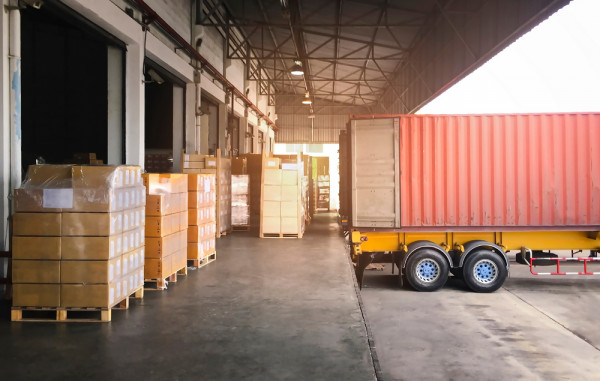Reducing Logistics Costs in Ghana
5 May 2025
In Ghana’s fast‑expanding economy, efficient logistics are a competitive necessity—but too often, businesses grapple with hidden fees, bureaucratic hurdles, and opaque processes that drive up costs and tie up working capital. By harnessing modern digital solutions and embracing transparency, companies can slash expenses, accelerate delivery times, and refocus resources on core growth activities.
The Burden of Hidden Fees
Standard freight quotes may conceal customs surcharges, terminal handling fees, demurrage charges and documentation levies until the last mile—adding as much as 15–20% to total transport costs. When surprise fees arrive late in the process, finance teams scramble to cover the gap, eroding profit margins or forcing price increases for end customers. By contrast, platforms built around all‑in pricing models expose every line item up front, enabling precise budgeting and preventing unwelcome “shock charges” after shipment.
Navigating Bureaucratic Complexity
Ghana’s regulatory landscape often demands multiple sign‑offs: manual permit applications, redundant inspections and back‑and‑forth paperwork among customs, ports and carriers. A container that should clear customs in two days can languish in a yard for weeks—tying up inventory, generating storage fees, and depressing cash flow. Automation of document preparation and electronic submissions streamlines customs clearance, cutting manual steps and turning multi‑day approval cycles into same‑day processes.
Digital Tools Driving Efficiency
Real‑time GPS tracking and status alerts deliver live visibility into every consignment, while predictive analytics forecast peak‑season bottlenecks or port congestion before they occur. Machine‑learning engines optimize route selection and departure timing, balancing cost, speed and reliability. Mobile apps with in‑app chat support let logistics managers troubleshoot issues on the go, and electronic proof‑of‑delivery replaces paper forms with instant digital confirmation—reducing delays and disputes.
Transparency as a Strategic Advantage
Line‑item invoices, interactive dashboards and spend‑analysis reports empower procurement teams to benchmark carrier performance, identify recurring cost drivers and negotiate volume discounts. When every cedi spent is tied to a verifiable service—fuel, handling, customs or insurance—businesses gain the insights they need to eliminate inefficiencies and reallocate savings toward product development, marketing or workforce expansion.
Building Resilience for Ghanaian Enterprises
Consider a mid‑sized manufacturer in Takoradi shipping raw materials monthly: by switching from opaque quotes to a digital platform with upfront pricing, they discover that their “GHS 2,800” container actually cost GHS 3,200 after hidden fees. Armed with full‑cost visibility, they adjust shipment schedules to off‑peak times, consolidate loads for volume discounts and shave 12% off annual logistics expenses—freeing up working capital for new equipment and expansion.
Conclusion
Reducing logistics costs in Ghana hinges on cutting through hidden fees and bureaucratic drag—an objective made achievable by transparent pricing and intelligent digital tools. Whether through platforms like PikHaul or other emerging solutions, businesses that embrace technology and demand clarity gain faster transit, lower expenses and the freedom to scale with confidence. By making logistics a source of competitive advantage rather than a recurring headache, Ghanaian enterprises can unlock new growth opportunities and strengthen their position in regional and global markets.


